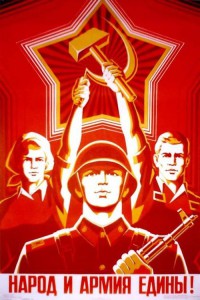 To Robert Shaw Barlow
To Robert Shaw Barlow
Hotel Bristol,
Rome. October 19, 1935
You will see in my novel . . . some sketches of what, as I now imagine it, youth was in your day: in your day rather than in my own, because, as you will see, my leading personages are not drawn from my own experience but rather from what I fancied to have been potential in my friends. Everybody who is in the know at all will recognize some of my originals. I could easily name several of our friends who have contributed something to my hero . . . The ladies are also renderings of certain sides of people who have counted a good deal in my life: but the setting is so transformed that perhaps the likeness is rather an intention in me than a reality. “Rose”, for instance, is a picture of what I imagine my mother to have been like when a young girl. I don’t remember how much I said in that sketch of her life about her romantic adventures when all alone among the Indians in her tropical island: but she had a wonderful coolness and courage, and a quiet disdain for what she didn’t feel was quite up to the mark. For that reason she wasn’t very affectionate to her children: we were poor stuff.
Naturally, we are living under a war-cloud: but I hope it won’t burst. My sympathies are anti-English now: gradually, since the war, all my Anglomania has faded away. The British bully is traditional, and the English prig is familiar: but the two were never before so well combined as in Mr. Eden. I prefer the Bolschies; and perhaps everywhere, through one approach or another, it is to State socialism that we are bound
From The Letters of George Santayana: Book Five, 1933-1936. Cambridge, MA: The MIT Press, 2003.
Location of manuscript: The Houghton Library, Harvard University, Cambridge MA.
